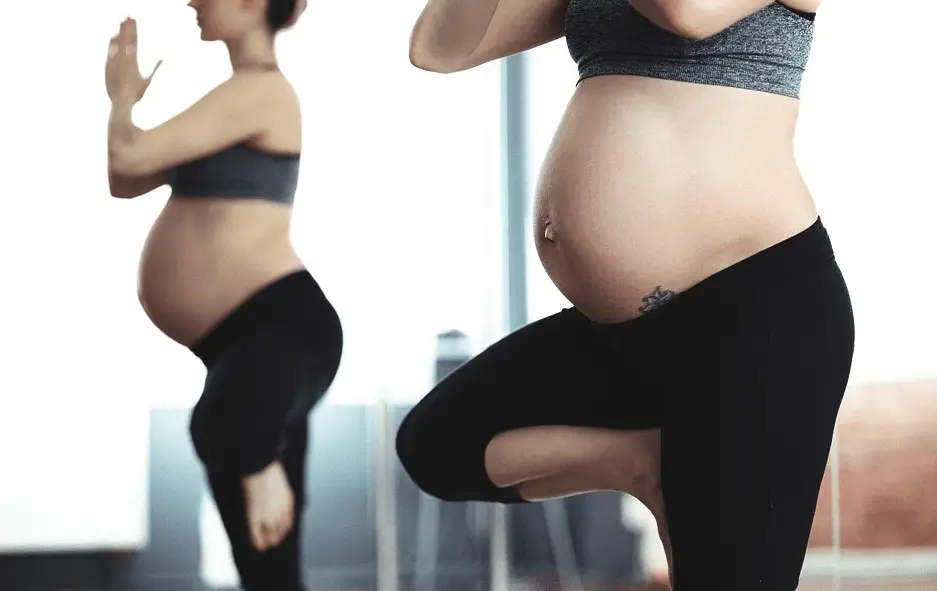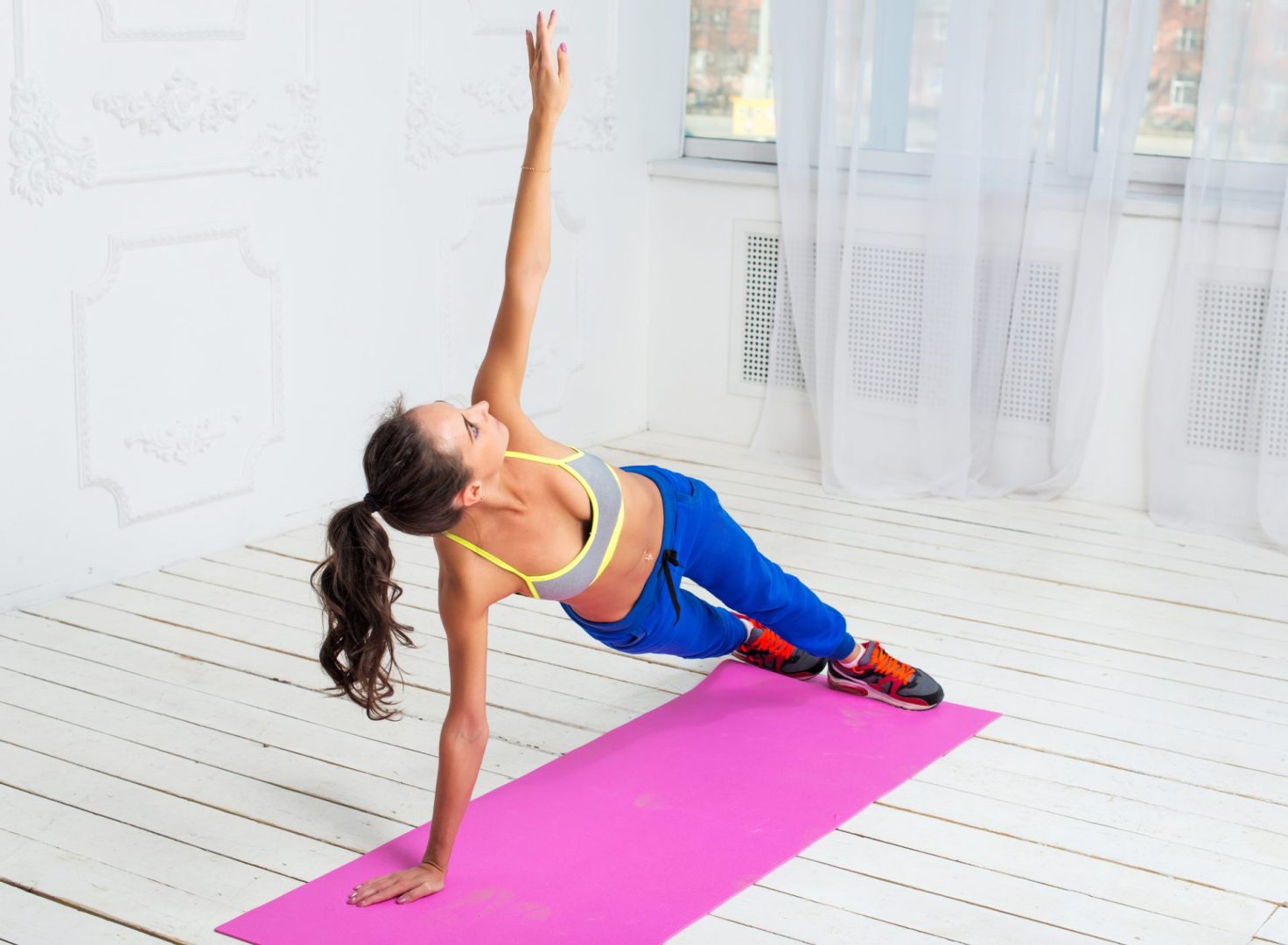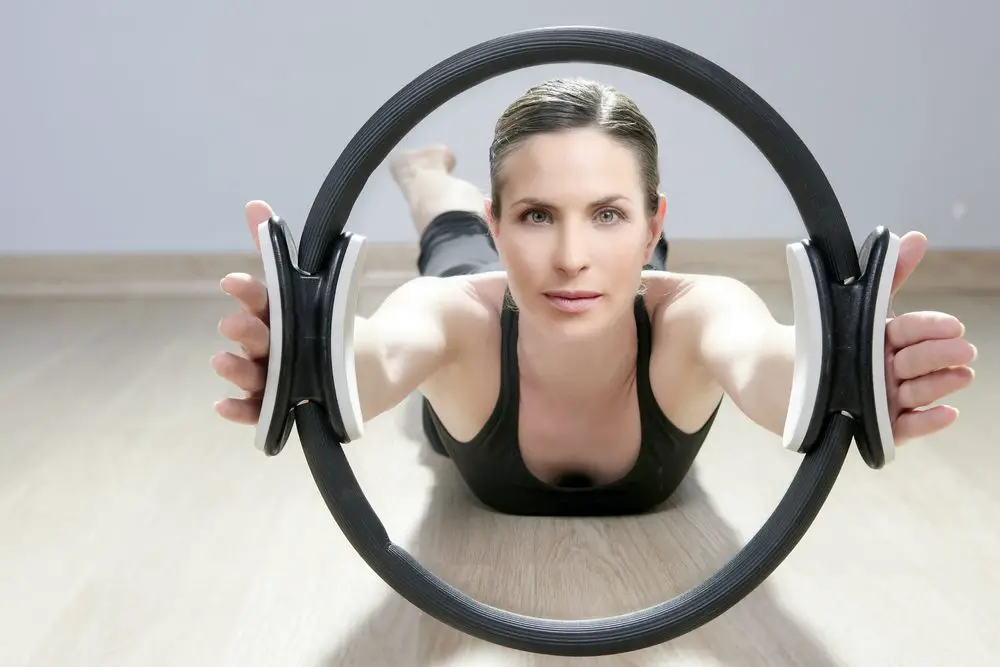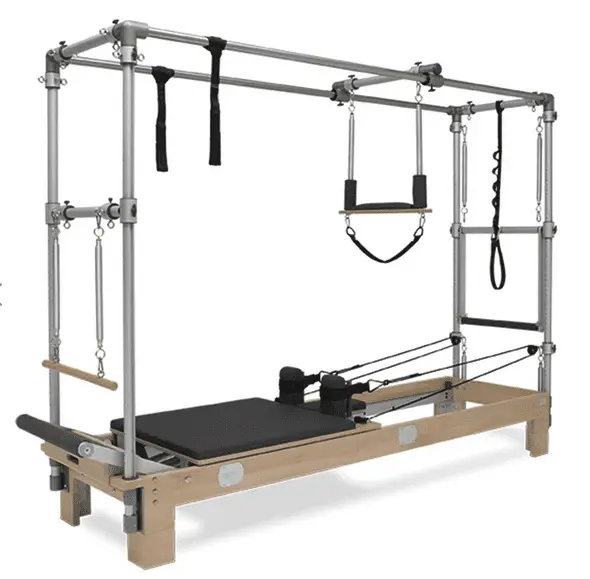Pregnancy

Can You Do Pilates While Pregnant?
Pilates is a great workout for many people. It strengthens the muscles of the core, improves flexibility and balance, and gives you better posture and spinal alignment. Pregnant women need to take more care when choosing an exercise routine, but for many, modified Pilates is safe and even beneficial. Always talk to your doctor before trying any new type of exercise, especially if you are pregnant.
Is it Safe to Do Pilates in Early Pregnancy?
Pilates is generally safe in early pregnancy. In fact, most women should exercise during this time. There are several benefits:
- Less back pain
- Reduced constipation and bloating
- Increased energy
- Reduced risk of certain complications
- Shorter, easier labor
There are a few reasons some women should not exercise during any stage of pregnancy, which is why it’s so important to talk to your doctor first. Generally, if you have a heart condition, placental complications, preeclampsia or risk factors for preterm labor, you should be resting.
You may hear or read that it’s important to avoid exercises done on your back while pregnant. This is true from the beginning of the second trimester. When on your back, the weight of the developing fetus can put harmful pressure on the vena cava. This is a major vein, and that pressure can interfere with your circulation and that of the baby. It is safe to do supine Pilates exercises in early pregnancy.
Is Mat Pilates Safe During Pregnancy?
Mat Pilates is generally safe during pregnancy. You may need to adapt some of the moves and avoid certain positions or movements. An experienced Pilates instructor who has worked with pregnant clients can help you with safe exercises and good form.
You will need to avoid certain types of Pilates moves, including those that specifically target the abdominal muscles. Beginning with the second trimester, you should also avoid the moves that have you on your back.
One of the things about Pilates that can actually be beneficial during pregnancy is the focus on breathing. Controlling your breathing and timing it with movements is a key element of Pilates practice. This will help you later in the pregnancy, when breathing becomes more difficult, and during labor.
Can You Do Reformer Pilates When Pregnant?
With expert instruction, the right moves, and adaptations where appropriate, reformer Pilates can be safe for you in pregnancy. It may even benefit you by providing gentle strength training. There is no impact, and the workout can strengthen key muscles that help you deliver the baby more easily. These include the pelvic floor muscles. Reformer exercises also strengthen the back, which can reduce back pain.
Can You Do Hot Pilates While Pregnant?
Hot Pilates is simply doing Pilates with the temperature turned up in the studio. Like hot yoga, this is an intense workout that gets very sweaty. It may elevate the heart rate more than doing Pilates at normal temperatures, so it could contribute to greater weight loss. Some people like hot Pilates because it feels good. The heat relaxes the muscles and makes it easier to stretch and move.
Pregnant women should not do hot Pilates or hot yoga because of the risks associated with such high temperatures. Medical experts say all women in any stage of pregnancy should avoid these hot workouts. Excessive heat exposure increases the risk of neural tube defects in the baby.
What Pilates Exercises to Avoid While Pregnant
In the first trimester, you can do most Pilates moves. Avoid abdominal exercises like sit ups or crunches, or do them only minimally. Lower the intensity of the workouts a little bit. During the second trimester, avoid any exercises that put you in the supine position.
During the second and third trimesters, you should continue avoiding supine exercises but also avoid lying on your stomach. Stop doing any abdominal work, with one exception: Continue doing planks if you have the strength to keep your hips and pelvis up and in position.
Can You Do Pilates While Trying to Get Pregnant?
Not only can you do Pilates before you get pregnant, but it’s a good idea. Regular fitness promotes good health, which in turn makes it easier to conceive. When you’re fit and healthy, you are more likely to have a smooth pregnancy with fewer or no complications. Exercise also reduces stress, which can derail efforts to conceive.
Pilates is a great pre-pregnancy workout because it builds muscle strength and endurance, just what you need to carry a baby around and go through labor and delivery. It will strengthen your back, reducing back pain that pregnant women typically experience. Avoid hot Pilates to protect the developing fetus before you know you’re pregnant.
Does Pilates Help After Pregnancy?
Pilates can be helpful after pregnancy as a gentle way to rebuild strength and fitness. It’s particularly useful because of the emphasis on ab and core strength. Many women experience ab separation after being pregnant, and Pilates moves can help heal this.
Before doing any exercise after pregnancy, get the all clear from your doctor. Then, start slowly. Your body has gone through a lot of changes, and it will take time, effort and patience to get it strong again. Pilates is a good place to start because it is low-impact and can be modified to adapt to anyone’s needs.
How Long Can You Do Pilates While Pregnant?
Everyone is different, which means that how long into pregnancy you can continue to work out will be personal. The fitter you are and the more time you spent doing Pilates before pregnancy, the longer you will be able to keep it up. The exception, of course, is if you have any complications or health problems that prevent you from continuing.
Most women can continue doing Pilates with some modifications through trimester two. Many also keep going through the third trimester. It’s important to listen to your body and adjust as needed. All pregnant women, no matter how fit and experienced in Pilates, should lower the intensity of their workouts as the pregnancy progresses.
How Often Should I Do Pilates When Pregnant?
Experts recommend at least 30 minutes per day of moderate-intensity exercise for pregnant women. One to three one-hour Pilates classes per week is plenty. Do other types of exercise on the days you don’t do Pilates to get a good mix of fitness benefits. Even a 30-minute walk is a good activity that will provide benefits and improve your fitness. Avoid too many weekly sessions of Pilates to prevent injuries or overuse.
If you want to try Pilates during pregnancy, first talk to your doctor. You may have specific risk factors or complications to consider when choosing a type of exercise or modifying Pilates moves. If your doctor gives you the green light, find an instructor who has worked with pregnant clients. They will be able to safely modify moves for you and tell you which exercises to avoid.
Exercise during pregnancy is generally a good idea, and Pilates is a type of exercise that can be modified. With hundreds of different moves, you can pick and choose the ones that work for you and that are safe.




